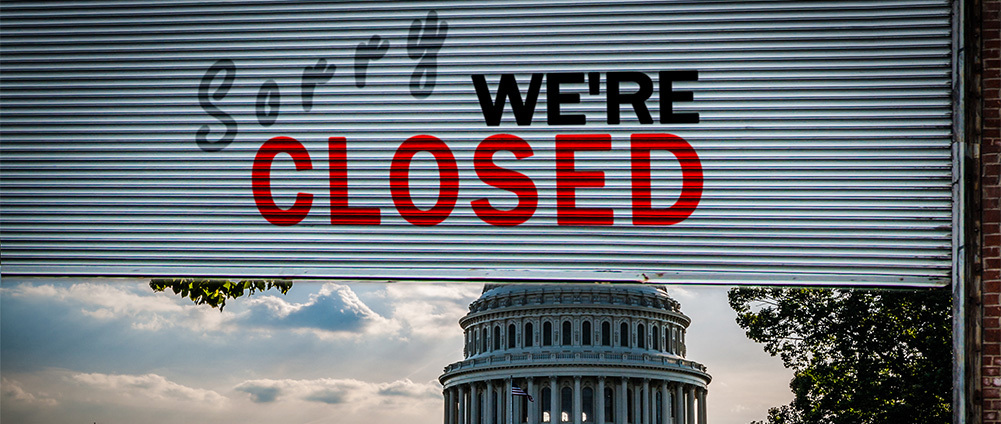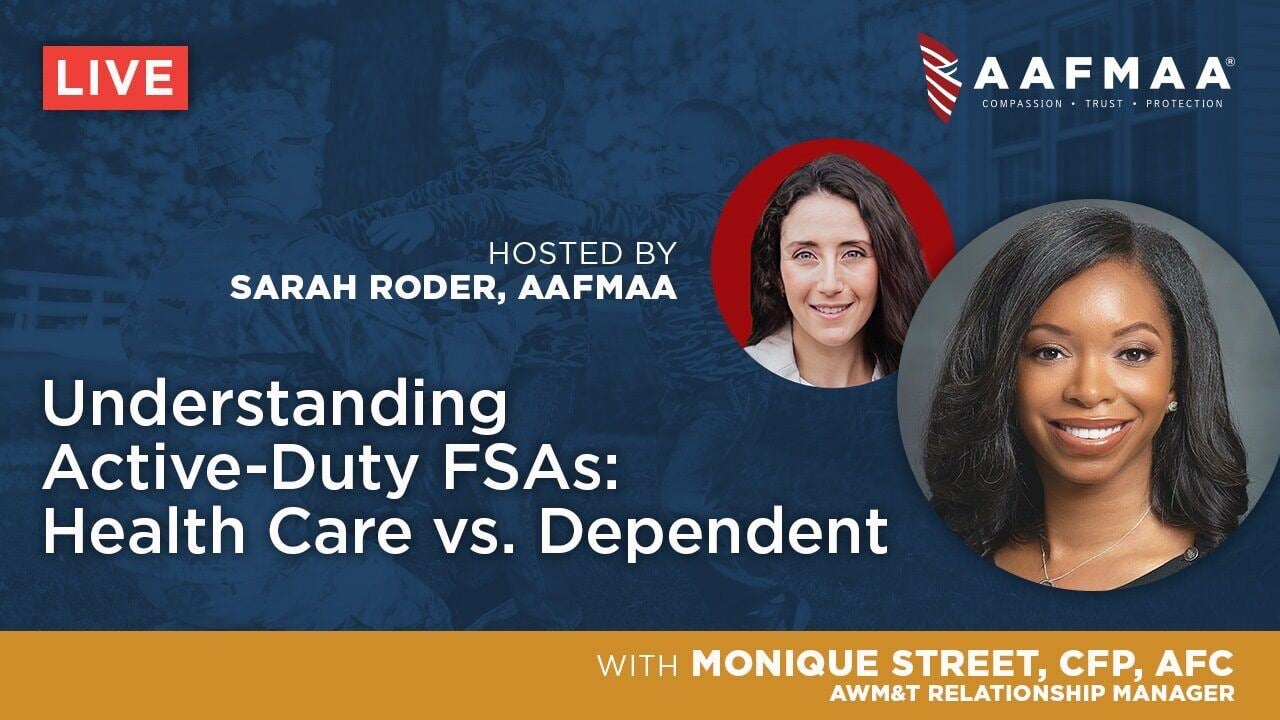Blog
- Resources
- News / Blogs
How a Government Shutdown Might Affect Finances for Military Servicemembers and Veterans

What Is a Government Shutdown?
You may have heard about a pending government shutdown on the news. Wondering how it might affect you and your military family? A shutdown occurs when the government's funding runs out and it is unable to continue operating its various agencies and services. This often happens when Congress fails to pass a budget or a continuing resolution to fund those operations. During a shutdown, many federal employees are furloughed, meaning they are placed on unpaid leave, and government services are significantly disrupted.
Do Military Servicemembers Receive Pay During a Shutdown?
One of the primary concerns during a government shutdown is whether active-duty servicemembers will continue to receive their paychecks. According to ABC News, “As many as 4 million workers could lose pay as a result of a shutdown — about half of whom are military troops and personnel.”
In addition to pay, many services that military families rely on are reduced if the government shuts down. This includes healthcare, mental healthcare, childcare, and food assistance via the Special Supplemental Nutrition Program for Women, Infants, and Children (WIC). This is especially crucial as one in four military families report food insecurity.
Servicemembers are still required to report to work during a government shutdown, although they won’t receive a paycheck at the end of the pay period as usual. Although back pay is authorized once the government resumes operations, missing one or more paychecks can be detrimental to military families living on a tight budget.
How Will a Government Shutdown Affect Veterans’ Access to Services?
A government shutdown can also have a significant impact on Veterans and their access to critical services.
During a government shutdown, the U.S. Department of Veterans Affairs (VA) call centers and customer service may experience delays or reduced availability. Non-essential programs and services, such as some outreach programs and counseling services, may also be affected. Veterans relying on these services should be prepared for potential interruptions and delays.
During the funding lapse, some essential VA services will continue. For example, medical care, burials at its cemeteries, disability compensation, pensions, education, Survivor Benefit Plan (SBP) payments, and housing assistance, would continue.
5 Ways to Prepare Your Finances for a Government Shutdown
As a servicemember or Veteran, it's crucial to be financially prepared for the possibility of a government shutdown. Here are 5 steps you can take to safeguard your finances:
1. Create an Emergency Fund: Having a financial cushion in the form of an emergency fund can help you cover essential expenses if you face unexpected financial challenges during a government shutdown.
2. Review Your Budget: Examine your monthly budget and identify areas where you can cut back temporarily if necessary. Reducing discretionary spending can help you make ends meet during uncertain times.
3. Contact Your Lenders and Creditors: If you have loans or credit card debt, reach out to your lenders and creditors to discuss your situation. They may offer assistance or flexibility with payments during a government shutdown.
4. Explore Additional Income Sources: Consider whether you have any skills or opportunities to generate extra income on the side. Freelancing or part-time work can provide an additional financial safety net.
5. Seek Financial Guidance: Reach out to financial professionals who specialize in military finances, such as the team at AAFMAA Wealth Management & Trust LLC (AWM&T).
Look to AWM&T for Guidance
In uncertain times like a government shutdown, it's essential to have a financial plan in place. The military financial professionals at AAFMAA Wealth Management & Trust LLC (AWM&T) can offer guidance and tailored solutions to protect your financial well-being. Don't hesitate to seek our assistance and expertise in preparing for and navigating potential financial challenges during a government shutdown. Click here to speak with an AWM&T professional today, or call us at 910-307-3500.
About Us
Founded in 2012, AAFMAA Wealth Management & Trust LLC (AWM&T) was created to meet the distinct financial needs of military families. We proudly deliver experienced, trustworthy financial planning, investment management, and trust administration services – all designed to promote lasting security and independence.
We are proud to share the mission, vision, and values of Armed Forces Mutual, our parent company. We consistently build on the Association’s rich history and tradition to provide our Members with a source of compassion, trust, and protection. At AWM&T, we are committed to serving as your trusted fiduciary, always putting your best interests first. Through Armed Forces Mutual's legacy and our financial guidance, we provide personalized wealth management solutions to military families across generations.
Get In Touch!
Schedule a consultation with one of our expert financial planners today, and let's hit the fast-track to success!
Schedule A Consultation


